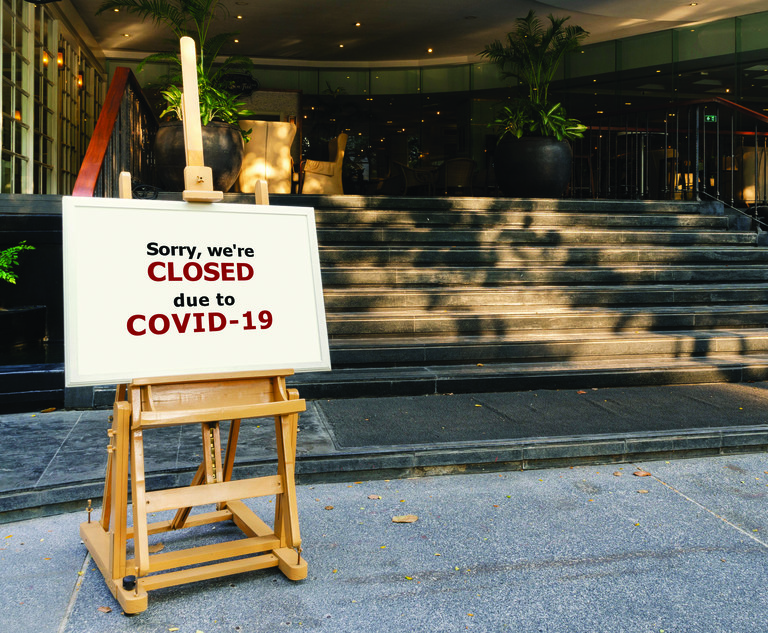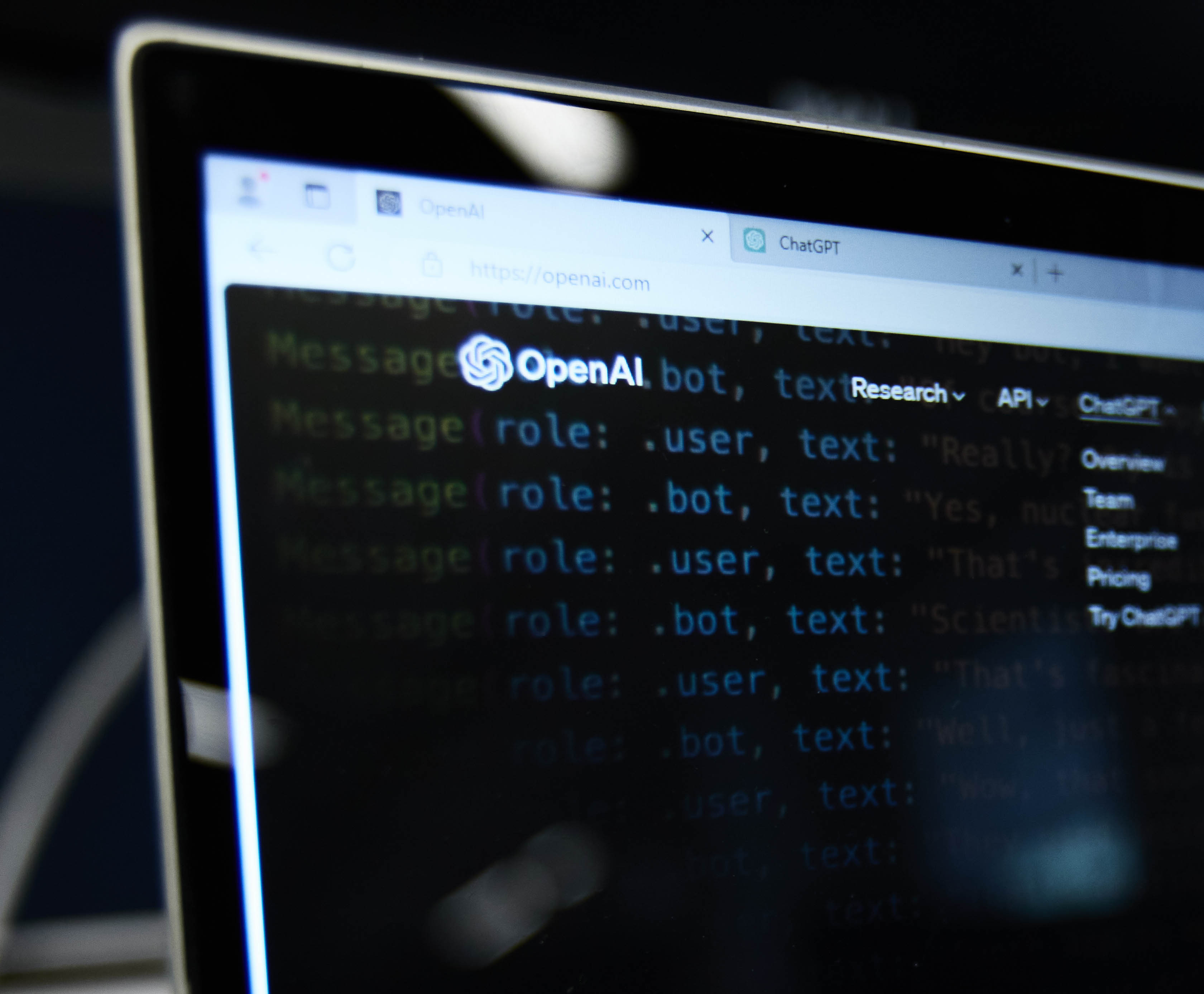Fast-food chain Chipotle Mexican Grill, Inc. has found itself at the center of the ongoing debate over mandatory arbitration provisions in employment agreements. That debate has always assumed that arbitration clauses favor employers. However, the most recent developments in a wage-and-hour case against Chipotle have called that assumption into question.
A federal district court judge in Colorado recently dismissed more than 2800 plaintiffs from a wage-and-hour collective action against Chipotle brought under the Fair Labor Standards Act. (Turner v. Chipotle Mexican Grill, Inc., Case No. 1:14-cv-02612-JLK). The court in that case had initially certified a class of approximately 10,000 Chipotle employees on a claim that the company required them to work off the clock and clocked them out automatically at certain times. While the case was pending, the United States Supreme Court issued its decision in Epic Systems Corp. v. Lewis, which upheld the legality of arbitration clauses that prohibited collective actions. As a result of that decision, the court in the Chipotle case ruled that the 2,814 class members who had signed similar arbitration agreements could not proceed as class members, but would have to pursue their claims individually in arbitration.
This content has been archived. It is available through our partners, LexisNexis® and Bloomberg Law.
To view this content, please continue to their sites.
Not a Lexis Subscriber?
Subscribe Now
Not a Bloomberg Law Subscriber?
Subscribe Now
LexisNexis® and Bloomberg Law are third party online distributors of the broad collection of current and archived versions of ALM's legal news publications. LexisNexis® and Bloomberg Law customers are able to access and use ALM's content, including content from the National Law Journal, The American Lawyer, Legaltech News, The New York Law Journal, and Corporate Counsel, as well as other sources of legal information.
For questions call 1-877-256-2472 or contact us at [email protected]


 Gina M. Roccanova of Meyers Nave Riback Silver & Wilson.
Gina M. Roccanova of Meyers Nave Riback Silver & Wilson.




